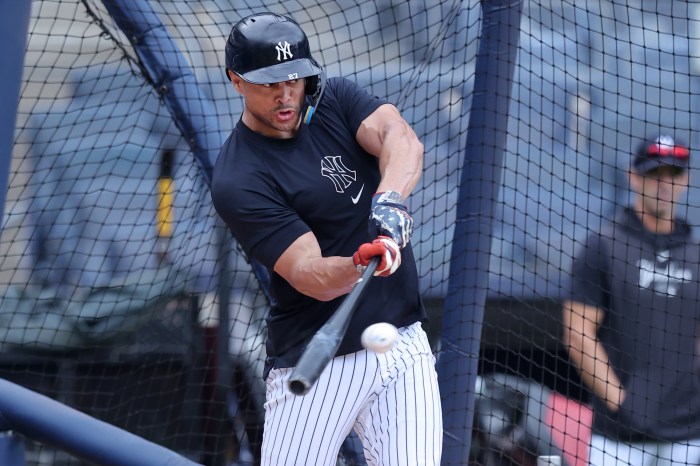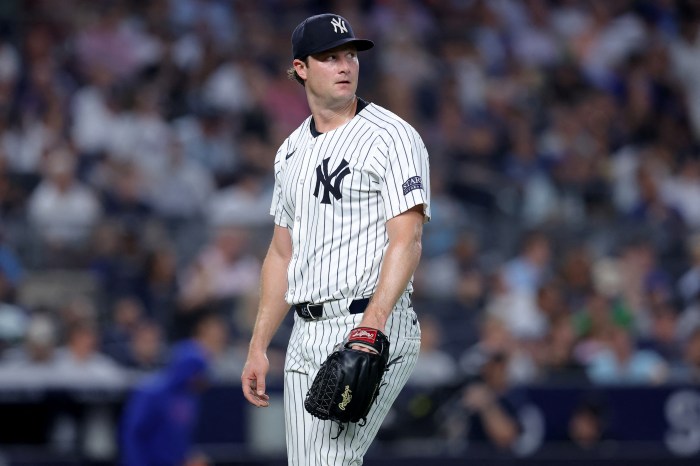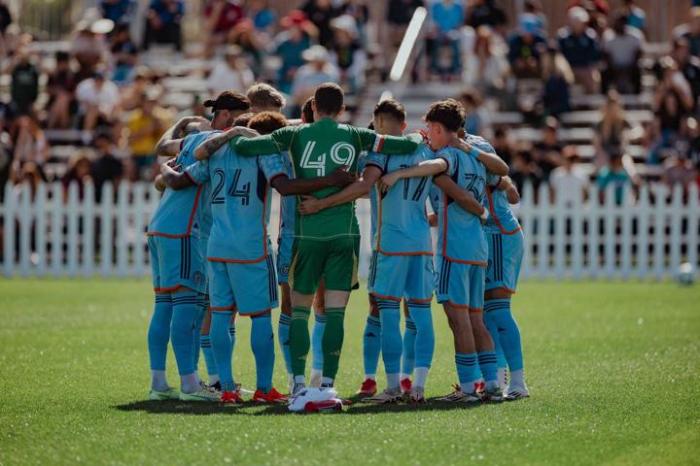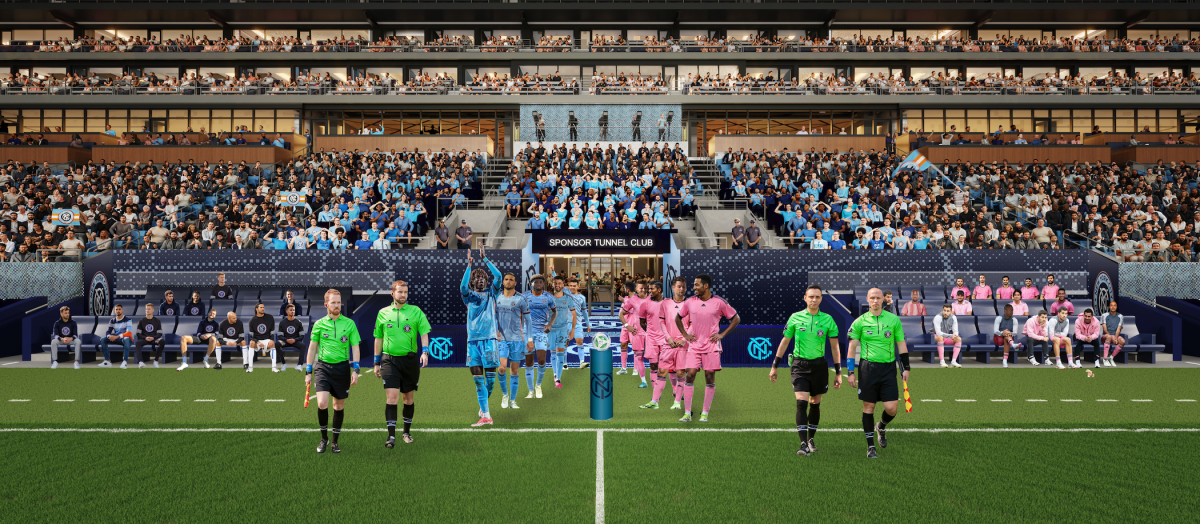
The New York Knicks and Brooklyn Nets will play their fourth and final regular-season game against each other on Friday at Barclays Center.
But the city’s two teams, neither of which have made the playoffs in any of the past three seasons, are heading in opposite directions. The Nets are 26-23, sixth in the Eastern Conference, and have won five in a row. Meanwhile, the Knicks’ 10-36 mark is second-worst in the NBA.
As far as the team’s head coaches are concerned, tanking was never an option for either team. Knicks coach David Fizdale appreciates new rules enacted by the NBA to discourage the practice of losing more games to ensure a better draft pick.
“I think it’s a good thing,” Fizdale said before Wednesday’s 114-110 loss to the Rockets at the Garden. “I don’t think anybody should just be trying to lose.”
Fizdale also directly addressed tanking as it pertains to the Knicks.
“My guys come out every night to compete to win," Fizdale said. "I don’t give a damn what anybody says about that. I know these guys come to work and I know they come to win. Are they ready to win every night? No. But I know one thing: We’re coming out to do it every night.”
In Brooklyn, the Nets were on an eight-game losing streak at the beginning of December after losing Caris LeVert to injury. Tanking would have seemed appropriate, but Nets head coach Kenny Atkinson explained why they didn’t before Monday’s win against the Kings.
“It was a simple message issued to me: Win as many games as you can,” Atkinson said before Monday’s 123-94 win over the visiting Sacramento Kings. “Let’s keep improving.”
Atkinson added, “There was never any rhetoric about tanking."
“We were just going to keep improving," Atkinson said. "We’re about development — individual development and team development. And that was easier for me. It was a simple message. I knew what we had to do, and we all got on the same page.”
The Nets coach stressed the benefits of not tanking, especially as it could affect an organization’s reputation leaguewide.
“Hopefully, there’s really talk among players in this league, like ‘Hey, that’s a neat place to go to,’ ” he said. “They have a good culture. They take care of their players. It’s a positive culture, it’s a collaborative culture. You really want players to talk about that, like ‘hey that’s a place I’d love to go,’ whether it’s a minimum guy or a max guy. It really doesn’t matter.”



































